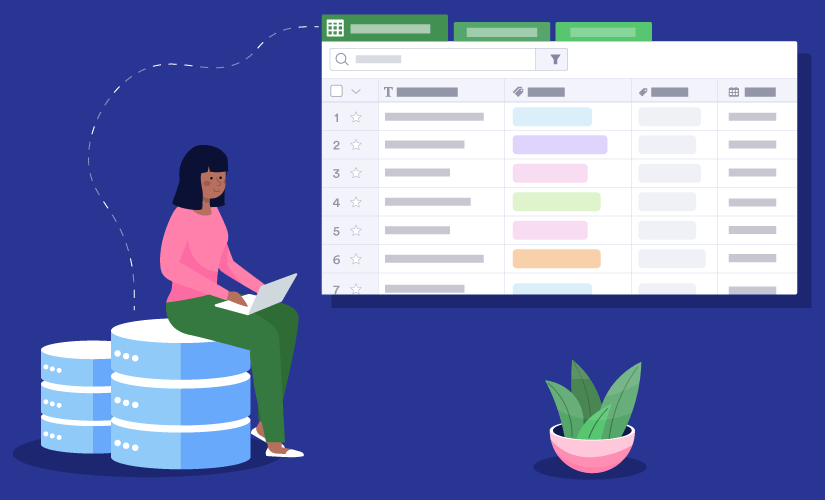The need for money is undeniable. A decent standard of living requires covering the basic expenses, which can be achieved through sound financial management. Creating a budget is an effective method for managing personal finances.
We are continuing our #Adulting series today by exploring budget spreadsheets. A budget will help you organize your finances while controlling the amount of debt you will require to live the lifestyle you desire. A budget can help you plan for your expenses, activities, needs, and even your financial future.
Keeping track of your finances can seem to be a daunting task, but spreadsheets can help you streamline the endeavor.
Up until recently, budgeting, like flossing daily and meditating, was one of the tasks I neglected. Though I knew I needed to budget, the process felt overwhelming and restrictive, which led to procrastination. My budget-making skills weren’t so good until I came across a Spreadsheets template.
Finding it is easy as pie. It will only take a few seconds to locate the “monthly budget template” in Google Sheets by hovering over the + icon and clicking “Choose Template.” There it is under the “Personal” category.

Credits@Google
Monthly Budget – How to use it:
This two-page budget template includes everything a beginner should need. On the summary page, you can see an overview of the month’s financial situation, and on the transaction page, you can see actual income and expenses. How cool is that?
Let’s start with a spreadsheet budget:
Begin by entering a starting balance (your account balance at the beginning of the month). Next, enter your expected monthly income. Finally, enter your expenditure categories. Budgeting beginners can start with the spreadsheet’s preset categories. Divide the expected income by the expense categories to find out where each dollar will go. As a newbie, it is best to keep things simple, such as food, insurance, and housing expenses.

Credits@Google
If you’re having difficulty deciding which categories to use, consider why you’re creating a budget in the first place. Budgeting involves more than just creating a budget; you should know your goals as well.
In my spreadsheet, I categorized my expenses by my necessities (rent, utilities, groceries, healthcare), recurring monthly bills (student loans, car payments, investments), fun (clothing, dining out), and saving (emergency fund).
Tracking expenses:
Once you’re ready to track purchases, enter the date, the amount, the description, and the category on the spreadsheet’s transactions page. Afterward, the spreadsheet formula does the math for you, placing each expense in the appropriate category on the summary. With this tool, you can see if your estimated spending matches your actual spending without digging out your high school calculator.
How to maintain a budget spreadsheet:
You can review your finances on the spreadsheet’s summary page to see if you need to tweak your spending in the future. Budgeters new to budgeting and prone to overspending should check in weekly, while more experienced budgeters should check in monthly.
Even if you fail your first attempt at budgeting? In financial planning, perspective is everything, especially when you consider it is a lifelong (not a month-long) pursuit. Finances can be a journey. You will have good months and bad months every year. Remediate the mistake the following month if you make it one month. Remember that your financial journey will have ups and downs, like your career and life.

Credits@Google
When next month’s budget planning time comes, duplicate your spreadsheet, replace the starting balance, and purge non-recurring expenses and income. You are now ready to plan your budget for next month.
The budget is in place – what now?
My favorite part of this budget template is that it focuses my attention on where my money ends up.
However, setting up a budget seems like magic, especially after I’ve been raiding my savings account so often.
Budgeting, however, is a highly individualized journey. There is no one-size-fits-all approach. Personal finance is about deciding what motivates you and based on your financial situation. Allow yourself to pivot and see what feels most natural to you.

Credits@Google
Even though I have spent the last few months tracking every purchase I make, I might try using automated expense tracking going forward. Is it alright if I don’t end up using my beloved Google template forever? You have to embrace the process. Whatever its results, I’m grateful that it provided me with a chance to do something responsible as an adult. Who knows? Maybe you’ll benefit from it too.
If you have any thoughts about this, let me know in the comment section below.







